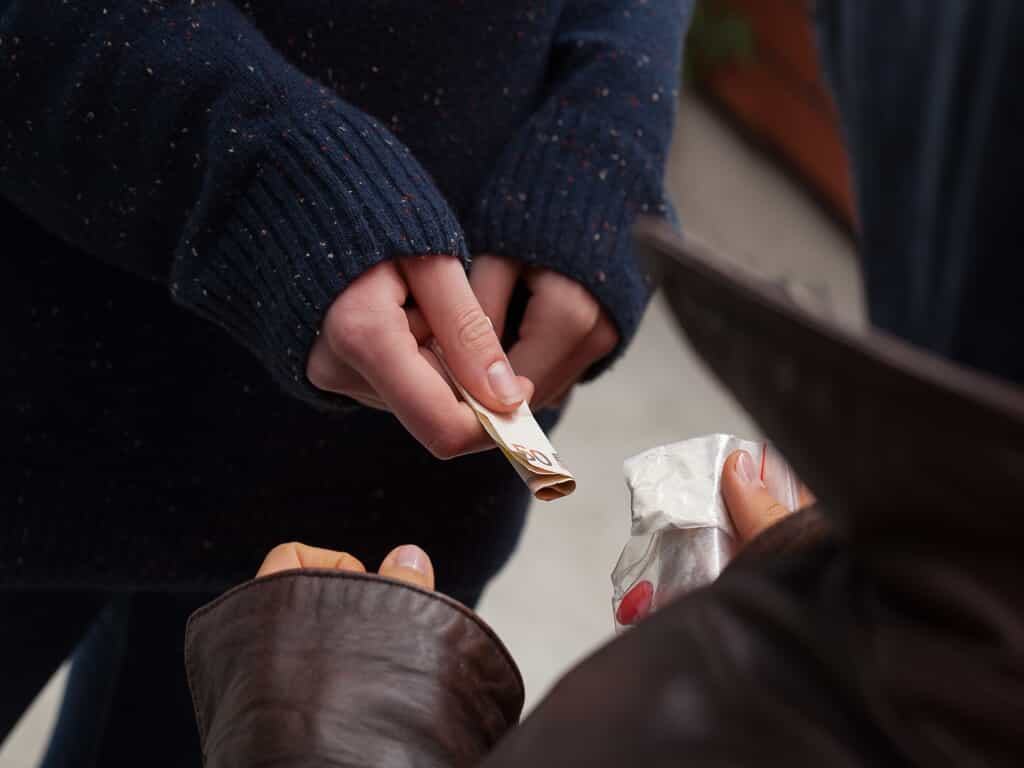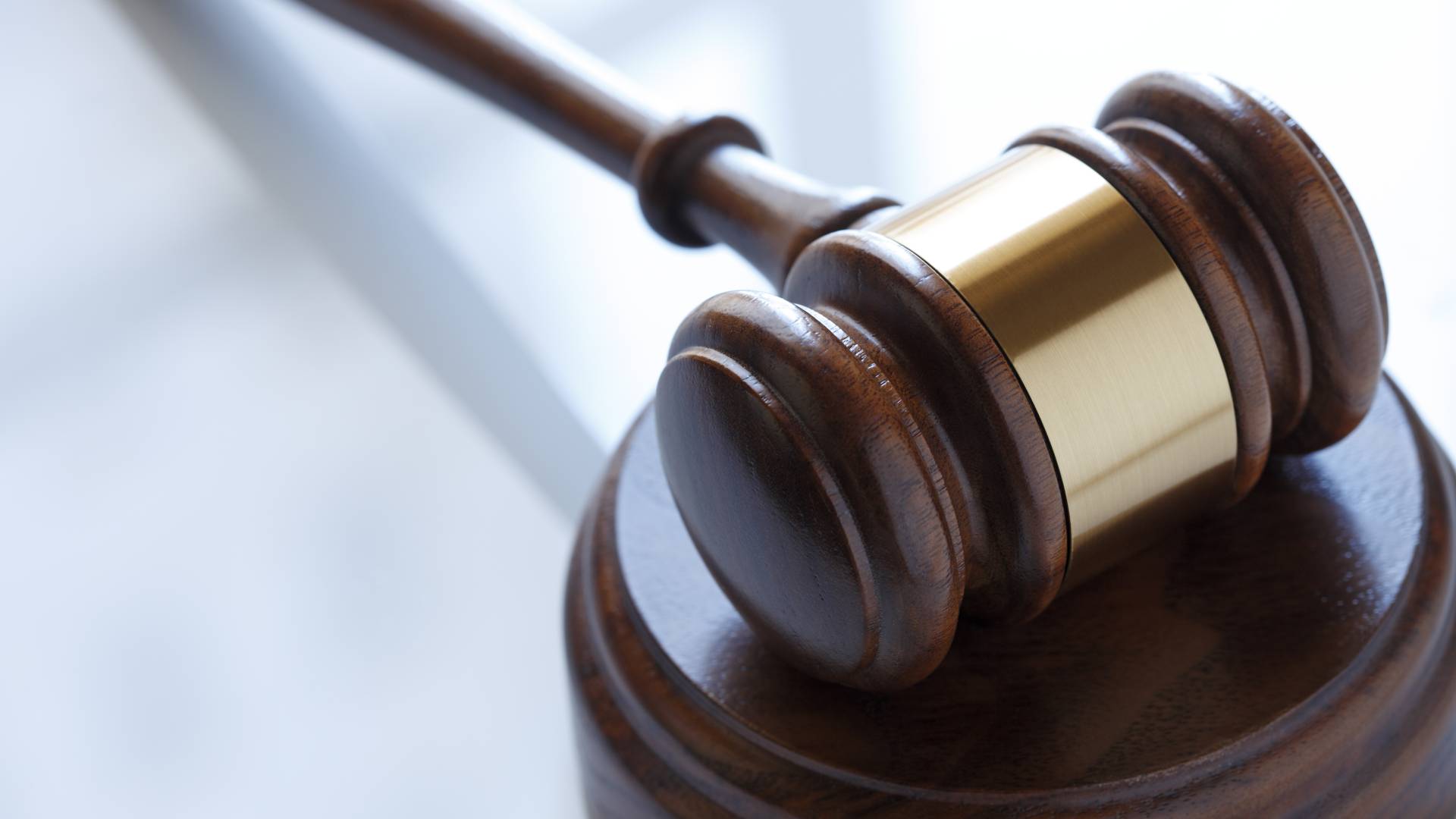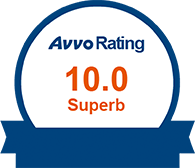Possession of a Controlled Substance in Miami
The Florida Comprehensive Drug Abuse Prevention and Control Act (Florida Statutes, Title XLVI, Chapter 893) proclaims that "a person may not sell, manufacture, or deliver, or possess with intent to sell, manufacture, or deliver, a controlled substance."
Florida law heavily regulates the possession or use of controlled substances listed in the law. It is illegal to possess, cultivate, sell, manufacture, deliver, distribute, or traffic in these substances.
Local law enforcement agencies in Miami-Dade County work to locate and dismantle mid-level and upper-level narcotics organizations that operate within the City of Miami through the use of undercover officers, complicated sting operations, and confidential informants.
In the process, the officers often come into contact with and arrest individuals that simply use the drugs without any connection to organized crime. The undercover sting operations are often carried out by law enforcement officers within the Miami Police Department's Special Investigations Unit for Narcotics.
Search & Seizure in Drug Possession Cases
An important issue in drug possession cases is often how the controlled substance, narcotics, or drugs were discovered. If the police did not explicitly follow the laws related to search and seizure, they may have violated the Fourth Amendment to the U.S. Constitution. If so, evidence may be excluded by the court and a reduction or dismissal of charges may result.
A qualified criminal defense attorney will be able to review your case for mistakes made by the police or other law enforcement agencies during the arrest, search, discovery, or testing of any controlled substances.
Penalties for Possession of a Controlled Substance
According to the Florida Statutes, a first-degree felony is punishable in Florida by up to 30 years in prison and a fine of up to $10,000. A second-degree felony is punishable by up to 15 years in prison and a fine of $10,000.
Upon conviction for a third-degree felony for possession of even a small-but-detectable amount of any controlled substance except marijuana, § 893.13(6) of the statutes prescribes a penalty of up to five years in prison and a fine of up to $5,000. Possession of 20 grams or more of marijuana is a third-degree felony; possession of fewer than 20 grams of marijuana is a first-degree misdemeanor.
Other penalties may include:
- Probation
- Community service
- Drug counseling and/or treatment
- Random drug testing
- A two-year driver's license suspension, with a one-year "hard" suspension
In many of these cases, the charges are resolved in drug court or in a regular division for "drug offense probation." Drug offender probation includes a drug evaluation and follow-up treatment, as well as frequent urine testing. More serious charges include possession with the intent to sell and drug trafficking.
A felony conviction may also have an adverse impact on certain educational or educational opportunities.
State Charges vs. Federal Charges
Because controlled substances are regulated by both the federal and state governments, possession of a controlled substance may be prosecuted in either federal or state court. Most low-level drug possession charges are adjudicated in state court.
Many state drug possession cases are resolved in the Miami-Dade County Drug Court (MDDC), a diversionary program intended to provide treatment for drug abuse.
How a Conviction Can Affect Your Driving Privileges
In addition to the penalties imposed by a judge or jury in a controlled substance possession case, the court is required to alert the state's Department of Highway Safety and Motor Vehicles (DHSMV) of the conviction. The DHSMV will then suspend a convicted person's driving privileges for two years with no chance for a hardship license during the first year of "hard" suspension.
Can a Possession of a Controlled Substance Charge Be Dropped?
Possession of a controlled substance charge in Florida can potentially be dropped or dismissed, but it depends on the specific circumstances of the case.
If the evidence against the accused was obtained illegally, such as an unlawful search and seizure, then the defense may be able to file a motion to suppress the evidence. If the motion is granted, the prosecution may not have sufficient evidence to proceed with the case and may drop the charges.
Another possible way to drop the charges is through a plea bargain. The prosecution may offer a plea deal in which the accused agrees to plead guilty to a lesser charge or to complete a drug treatment program in exchange for the charges being dropped.
Additionally, if the prosecution determines that they do not have enough evidence to prove the accused's guilt beyond a reasonable doubt, they may drop the charges.
It is important to note that every case differs, and the outcome will depend on the specific details and evidence involved. It is recommended to seek the guidance of an experienced criminal defense attorney for advice on the best course of action.
Exploring Defense Strategies for Drug Possession Charges
When facing drug possession charges, it is crucial to have a strong defense strategy in place. At Hubbs Law, P.A., our experienced Miami drug crime attorneys are well-versed in the various defense strategies that can be employed to fight these charges.
Some common defense strategies for drug possession charges include:
- Challenging the legality of the search and seizure conducted by law enforcement officers
- Questioning the chain of custody of the alleged drugs
- Asserting that the drugs did not belong to the accused and were planted or left behind by someone else
- Arguing that the accused had no knowledge of the presence of the drugs
- Seeking to suppress any evidence that was obtained illegally or in violation of the accused's rights
Our skilled attorneys will thoroughly analyze the details of your case, gather evidence, and develop a personalized defense strategy tailored to your specific circumstances. We will aggressively advocate for your rights and work towards achieving the best possible outcome for your drug possession charges.
Find an Attorney for Controlled Substance Charges in Miami
If you were arrested for possession of drugs, narcotics, or a controlled substance or any other drug charges in Miami or anywhere in Miami-Dade County, you should consider contacting Hubbs Law Firm for a confidential discussion about your case.
At Hubbs Law Firm, the initial consultation is always offered to potential clients at no cost. During the consultation, we will carefully listen to you and your concerns about your case. We will explain your charges, the penalties you may face if convicted in a trial, possible defense strategies, and the options you have before you make a decision about hiring a lawyer.
In certain circumstances, a first-time drug, narcotics, or controlled substance offender may be eligible for a pre-trial intervention program, which could result in a dismissal of charges. In some cases, a defendant may be wiser to proceed to trial.
If the search for a controlled substance was not conducted by the book, an experienced Miami drug crimes attorney may be able to negotiate for a reduction in charges or a judge may dismiss the case. The goal of Hubbs Law Firm in every case we accept is to avoid a conviction. We will go to trial if necessary.
Call us today at (305) 570-4802 or contact us online to schedule an appointment to discuss your charge for possession of a controlled substance.
Additional Resources
Commonly Asked Questions
What Are the Penalties for Possession of a Controlled Substance in South Miami, FL?
Penalties for possession of a controlled substance in Florida depend on the type and amount. Generally, possession is a felony punishable by up to 30 years in prison and $10,000 fine. Possession with intent to sell or distribute carries harsher penalties.
What Types of Drugs Are Considered ‘Controlled Substances’ Under Chapter 893 Florida Statutes?
Chapter 893 lists hundreds of drugs that are considered 'controlled substances,' including prescription medications (e.g., Valium, Xanax, OxyContin) and street drugs (e.g., marijuana, cocaine). Even with a valid prescription, using these narcotics while driving is illegal.
Can I Be Deported From the U.S. If Convicted for an Offense Related to Drug Possession?
Yes - if you are not a United States citizen and you are convicted for an offense related to drug possession you can face deportation from the U.S., unless certain exceptions apply.















